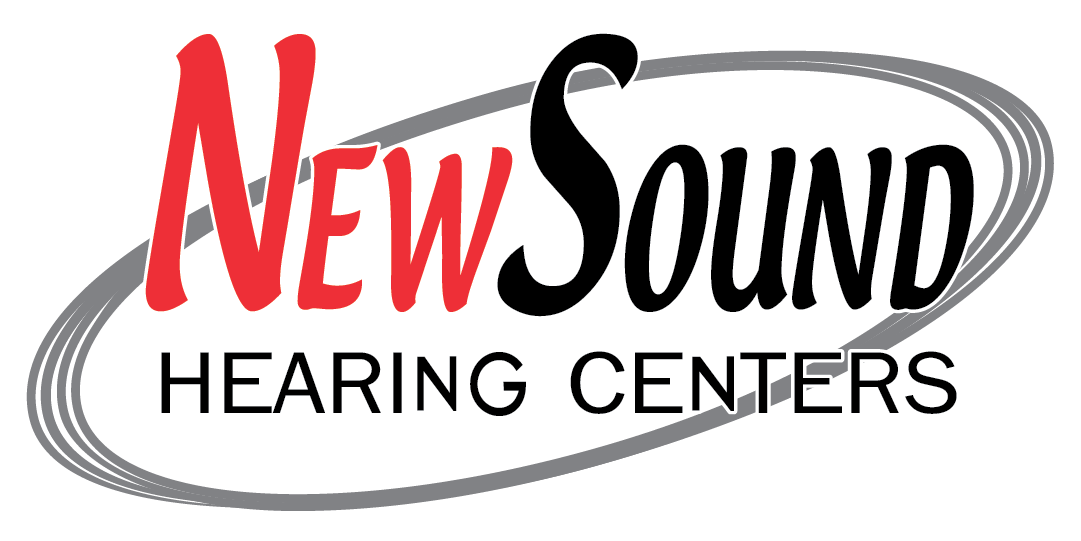We all know that moisture and electronics don’t mix—and hearing aids are no exception. From sweaty workouts to rainy days, protecting them from water exposure is essential. That’s where waterproof hearing aids can be a real game-changer.
Thanks to the latest developments in hearing aid technology, waterproof hearing aids offer extra protection against moisture damage. However, some devices can withstand water better than others. That’s where IP ratings come in.
What is a hearing aid IP rating? Don’t worry—we will cover that and more in this guide!
What Are Waterproof Hearing Aids?
Waterproof hearing aids are designed to withstand exposure to moisture without being damaged. The case is designed with overlapping panels to create a seamless, watertight seal and specialized microphone covers to prevent internal damage. Both external and internal components are also treated with a specialized water-repelling coating to block out moisture.
With multiple layers of protection, waterproof hearing aids can handle everyday sweat, humidity, and accidental splashes with ease. Some models are even rated to handle full submersion in water.
This is where hearing aid IP ratings come in.
What is a Hearing Aid IP Rating?
The level of water-resistance a hearing aid has is determined by its IP Rating (Ingress Protection rating). An IP rating is a standardized measurement of how effective hearing aids and other electronic devices are at blocking out solids (like dust) and moisture (like water).
IP ratings are formatted as “IP” followed by two digits. The first digit tells you how well a device is protected against solid particles like dust and other debris, and the second digit shows how resistant it is to moisture like water.
First Number: Protection Against Solids (Dust):
| X | Not tested for protection from this category |
| 0 | No protection at all |
| 1 | Protected against solid objects 50mm (2 inches) and greater |
| 2 | Protected against solid objects 12.5mm (roughly ½ inch) and greater |
| 3 | Protected against solid objects 2.5mm and greater |
| 4 | Protected against solid objects 1mm and greater |
| 5 | Protected against dust that could interfere with performance |
| 6 | Fully dust-tight, so no dust can get inside |
Second Number: Protection Against Moisture (Water):
| X | Not tested for protection from this category |
| 0 | No protection at all |
| 1 | Protected against vertically falling drips (like light rain) |
| 2 | Protected against vertically and angled falling drips (angled up to 15°) |
| 3 | Protected against spraying water (angled up to 60°) |
| 4 | Protected against splashing water from any direction |
| 5 | Protected against water jets (like from a nozzle) |
| 6 | Protected against powerful water jets |
| 7 | Protected against water immersion up to 1 meter for 30 minutes |
| 8 | Protected against continuous water immersion up to 1 meter or more (specific depth and time vary by manufacturer) |
| 9 | Protected against high-pressure, high-temperature water jets |
Water-Resistant vs Waterproof IP Ratings
- Water-Resistant IP Ratings: In general, products with an IP rating between IPX4 and IPX5 are considered water-resistant, meaning they can handle light splashes or brief exposure to moisture.
- Waterproof IP Ratings: Devices with an IPX6 rating or higher are classified as waterproof, offering more advanced protection against moisture and even the ability to be fully submerged in water, depending on the exact rating.
Waterproof Hearing Aid Care
Even if hearing aids are rated as waterproof, it’s still important to treat them with care. Like any electronic device, prolonged exposure to moisture can shorten its lifespan and affect performance. Water-resistant features are designed to protect against things like accidents, sweat, rain, and humidity—not swimming or showering.
A waterproof rating is an extra safeguard, not an excuse to skip proper care. By cleaning your hearing aids regularly and storing them in a protective case or dehumidifier at night, you can ensure they continue performing at their best. A little maintenance goes a long way in protecting your investment in your hearing health.
Waterproof Hearing Aid Ratings
For hearing aids to be rated as waterproof, they must go through strict testing and meet precise industry standards. The IP rating they receive depends on how well they perform in these testing conditions.
Below, we list the IP ratings for waterproof hearing aids and explain what they mean:
IP66 Hearing Aids
Hearing aids with an IP rating of IP66 are dust-tight (6) with protection against high-pressure jets of water (6). The term “jets of water” refers to situations like being sprayed with water from a nozzle.
This means IP66 hearing aids can be worn in environments where there’s a chance of brief water exposure, but being fully submerged underwater would damage them.
IP67 Hearing Aids
Hearing aids with an IP rating of IP67 are also dust-tight (6) and can withstand temporary immersion in water (7) no deeper than 3 feet (1 meter).
This means IP67 hearing aids can be submerged in shallow water for short periods of time without damage, such as accidentally dropping them in a sink.
IP68 Hearing Aids
The highest IP rating for hearing aids is IP68. These devices are dust-tight (6) and can withstand continuous immersion in water (8).
IP68 hearing aids offer the highest level of moisture protection and can be fully submerged in water up to 3 feet (1 meter) without damage.
Audibel Waterproof Hearing Aids
Audibel waterproof hearing aids have the highest IP rating for any hearing device available on the market today. This includes their most advanced AI model, Vitality AI.
The Vitality AI hearing aid combines cutting-edge artificial intelligence (AI) with an industry-leading IP68 waterproof protection rating. Not only does Vitality AI adapt to your unique hearing environment, but it is also completely dustproof and can withstand continuous immersion in water up to 3 feet, without skipping a beat.
With Audibel waterproof hearing aids, you get peace of mind knowing you can wear your hearing aids whenever and wherever you need them – rain or shine.
Are Waterproof Hearing Aids Right for You?

Waterproof hearing aids are especially handy for people who live in humid or rainy climates and anyone who loves water sports or spending time outdoors in general. But the truth is, almost everyone can benefit from a little extra protection. Sweat at the gym, steam in the kitchen, a sudden downpour—the question isn’t so much if you’ll encounter water, but when.
If you’re considering whether waterproof hearing aids make sense for you, here are a few lifestyle factors to consider:
Daily Routine
Waterproof hearing aids could be a good option for you if you do any of the following:
- Exercise regularly
- Spend time outdoors
- Cook frequently
- Garden
- Walk the dog
- Chase around grandkids
Even if you don’t live on a houseboat, your day-to-day routine probably involves more water than you realize. Simple activities like walking the dog on a dewy morning expose your hearing aids to moisture-related wear and tear.
Waterproof hearing aids can give you peace of mind and lower the risk of moisture-related damage.
Local Climate
Your local climate can have a big impact on the performance and lifespan of your hearing aids. If you live in a rainy, humid, snowy, or coastal area, your devices may face regular exposure to damp conditions. Even things like heavy fog, morning dew, or high winds can cause extra wear and tear.
Waterproof hearing aids provide an extra layer of protection, helping your devices perform reliably no matter the weather.
Work Environment
Your job can also affect how much moisture-related wear and tear your hearing aids encounter regularly. If you have a labor-intensive job or work outdoors, in a kitchen, or in a setting that is often hot or humid, waterproof hearing aids can help protect your devices from damage.
Even most office or retail environments aren’t completely risk-free. Accidental spills, splashes, and random rainstorms during your lunch break can all happen. Choosing hearing aids with waterproof features adds durability you can count on.
Health Factors
Certain health factors can also make waterproof hearing aids especially beneficial. People who sweat more due to medications, medical conditions, or regular exercise may expose their devices to extra moisture. It’s also completely normal for some people to naturally sweat more or be prone to oily skin and hair.
Waterproof hearing aids help safeguard both your devices and your investment in long-term wellness.
Consult a Hearing Care Specialist
Ultimately, the best way to determine if waterproof hearing aids are right for you is to talk with a professional. No matter where you are in your hearing health journey, the specialists at NewSound Hearing Centers in Waverly are here to help.
We can assess your lifestyle, environment, and specific hearing needs to recommend the most suitable hearing aids for you.
Schedule a Free Hearing Aid Demo at NewSound Hearing Centers in Waverly Today
Hearing technology is more advanced than ever, and waterproof hearing aids are a testament to that. At NewSound Hearing Centers, we are proud to offer personalized hearing loss solutions to all our patients. Our hearing care specialists want to help you find the best device that meets your hearing, comfort, and lifestyle needs.
Want to see if waterproof hearing aids are right for you? Schedule a free demo at NewSound Hearing Centers in Waverly today.

